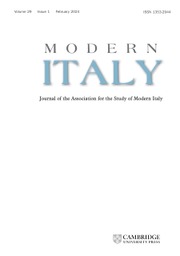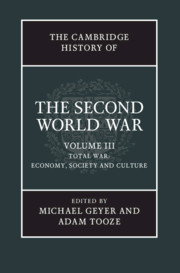Beyond Totalitarianism
In essays written jointly by specialists on Soviet and German history, the contributors to this book rethink and rework the nature of Stalinism and Nazism and establish a new methodology for viewing their histories that goes well beyond the now-outdated twentieth-century models of totalitarianism, ideology, and personality. Doing the labor of comparison gives us the means to ascertain the historicity of the two extraordinary regimes and the wreckage they have left. With the end of the Cold War and the collapse of the Soviet Union, scholars of Europe are no longer burdened with the political baggage that constricted research and conditioned interpretation and have access to hitherto closed archives. The time is right for a fresh look at the two gigantic dictatorships of the twentieth century and for a return to the original intent of thought on totalitarian regimes - understanding the intertwined trajectories of socialism and nationalism in European and global history.
- Top scholars in two fields writing joint essays exploring the two most influential dictatorships of the twentieth century
- Draws on new scholarship and, on the Soviet side, new archival data available only since the collapse of the Soviet Union
- Provides an evaluation of Nazism in comparative perspective and establishes a new model for an interactive inquiry
Reviews & endorsements
'… a valuable volume that illustrates well the strengths and the weaknesses of the comparative analysis of totalitarianism that is frequently found in contemporary area studies. The strengths are the diverse range of topics that are investigated in the individual chapters that make up the bulk of the book, where careful in-depth scholarship provides many revealing insights into the contingent expressions of both Nazism and Stalinism. … There is a very substantial 70-page bibliography at the end of the book that has been usefully subdivided by topic, which is nearly worth the price of the paperback edition alone.' Europe-Asia Studies
Product details
February 2009Paperback
9780521723978
552 pages
233 × 162 × 34 mm
0.77kg
Available
Table of Contents
- 1. Introduction: beyond totalitarianism - Stalinism and Nazism compared Michael Geyer with Sheila Fitzpatrick
- 2. The political (dis)orders of Stalinism and national socialism Yoram Gorlizki and Hans Mommsen
- 3. Utopian biopolitics: reproductive policies, gender roles, and sexuality in Nazi Germany and the Soviet Union David L. Hoffman and Annette F. Timm
- 4. State violence - violent societies Christian Gerlach and Nicolas Werth
- 5. The quest for order and the pursuit of terror: National Socialist Germany and the Stalinist Soviet Union as multi-ethnic empires Jorg Baberowski and Anselm Doering-Manteuffel
- 6. Frameworks for social engineering: Stalinist schema of identification and the Nazi volksgemeinschaft Christopher Browning and Lewis Siegelbaum
- 7. Energizing the everyday: on the breaking and making of social bonds in Nazism and Stalinism Shelia Fitzpatrick and Alf Ludtke
- 8. The new man in Stalinist Russia and Nazi Germany Peter Fritzsche and Jochen Hellbeck
- 9. States of exception: the Nazi-Soviet War as a system of violence, 1939–45 Mark Edele and Michale Geyer
- 10. Mutual perceptions and projections: Stalin's Russia in Nazi Germany: Nazi Germany in Stalin's Russia - Nazi Germany in the Soviet Union Katerina Clark and Karl Schloegel.

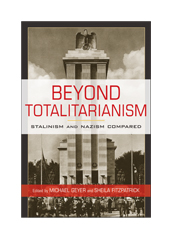
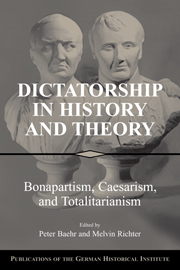
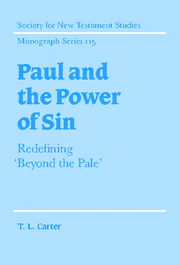



.jpg)
.jpg)
